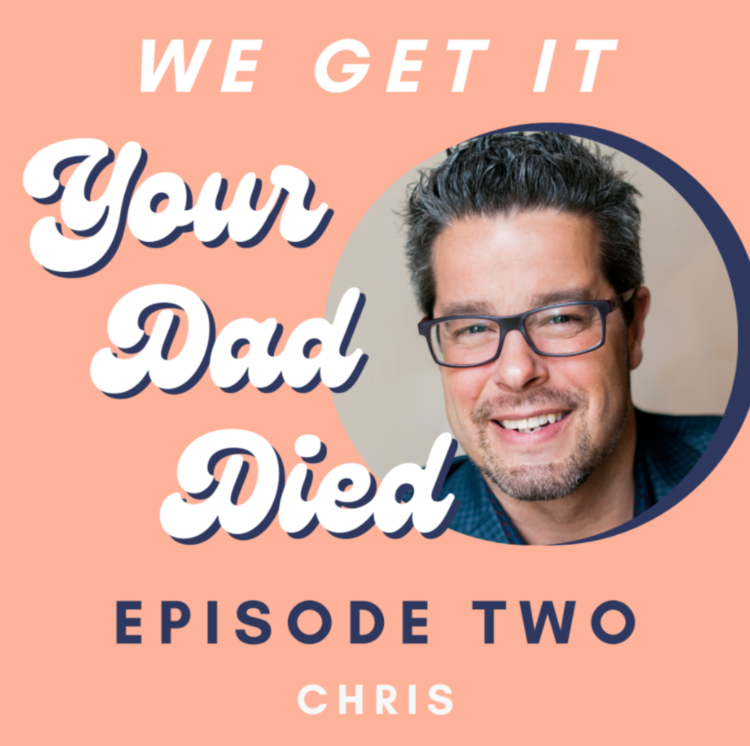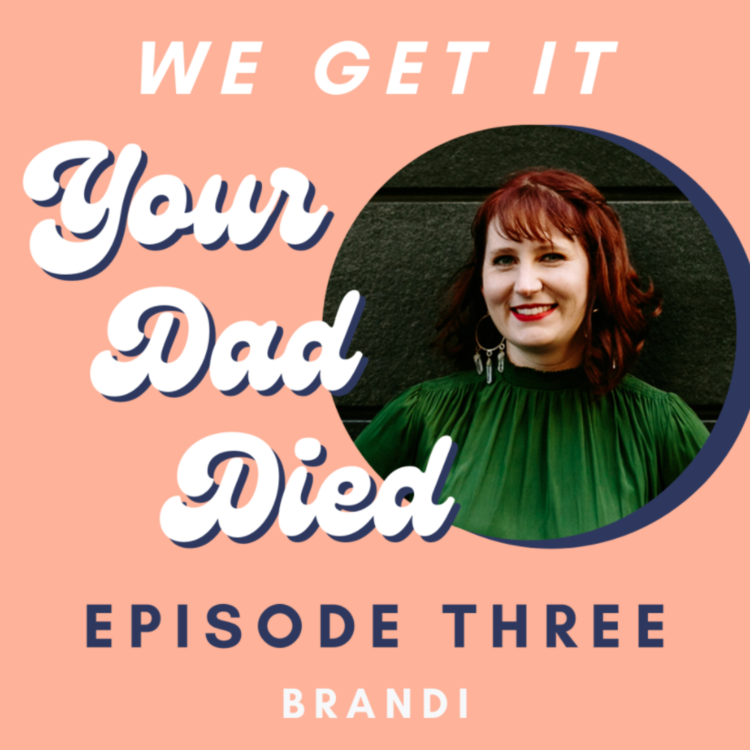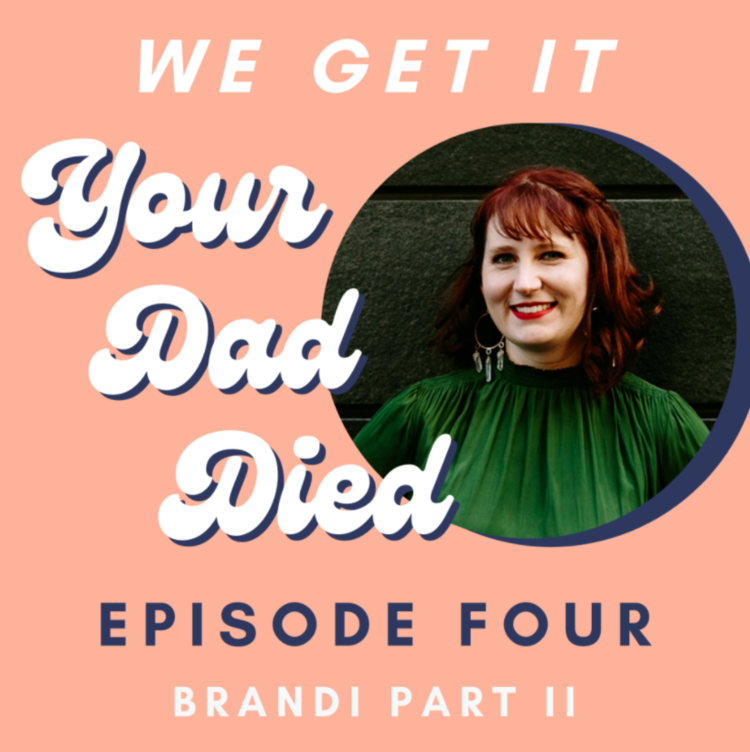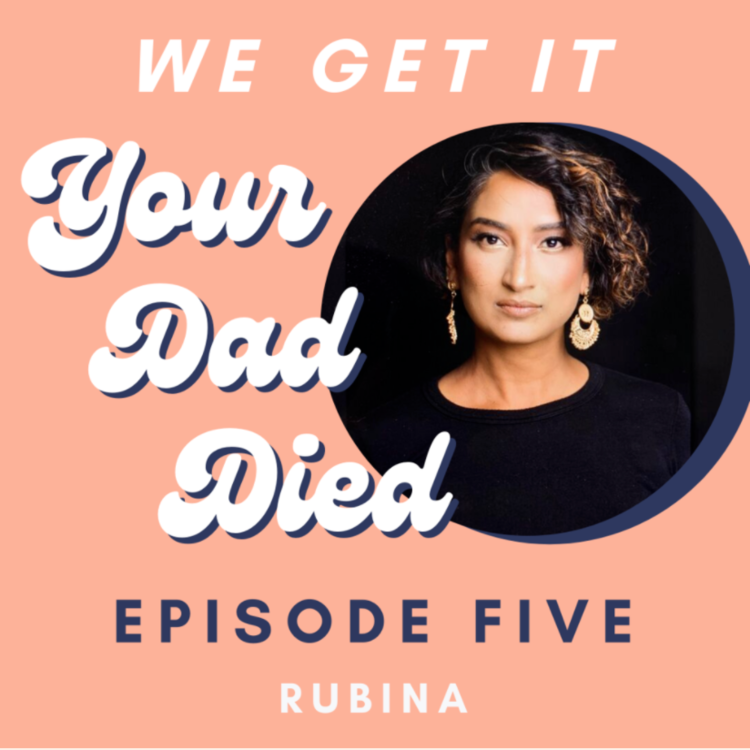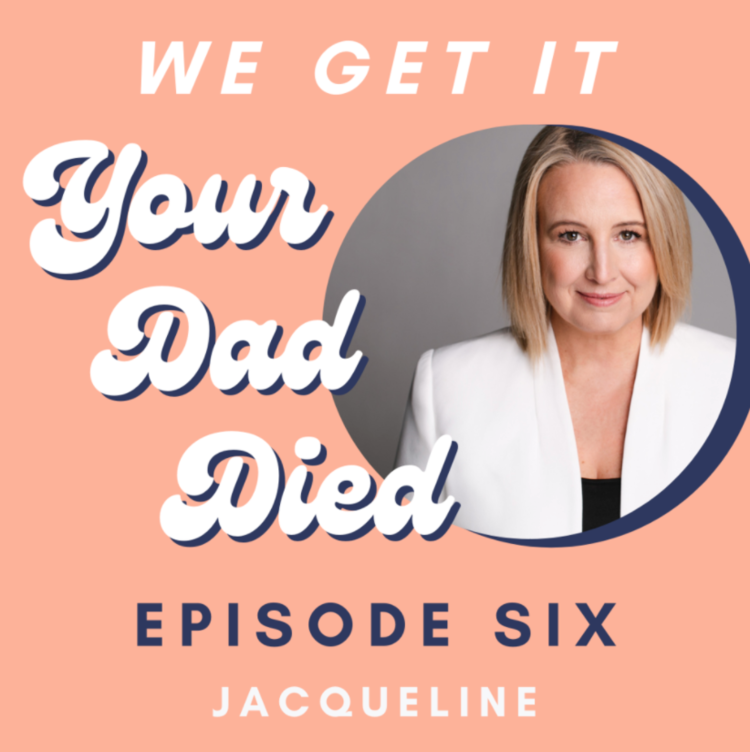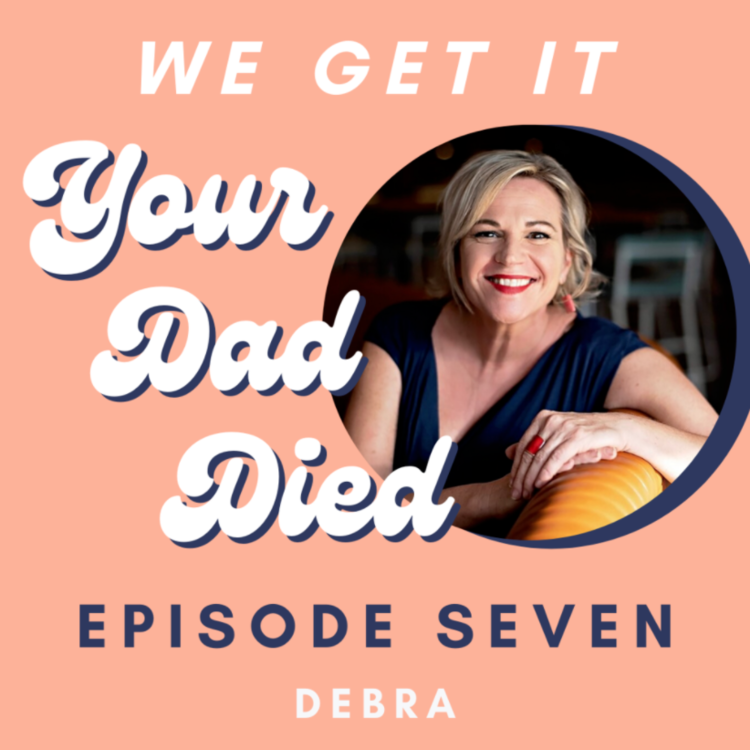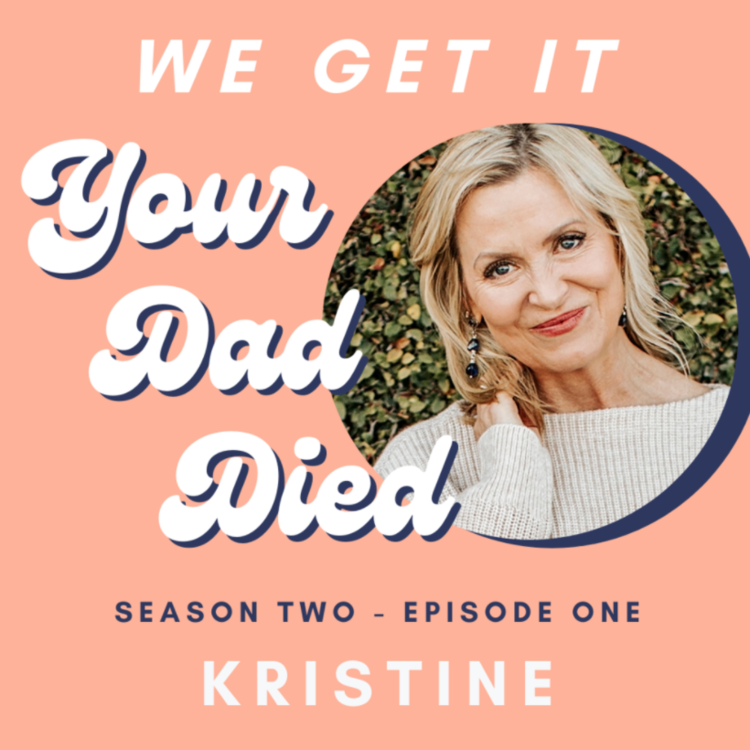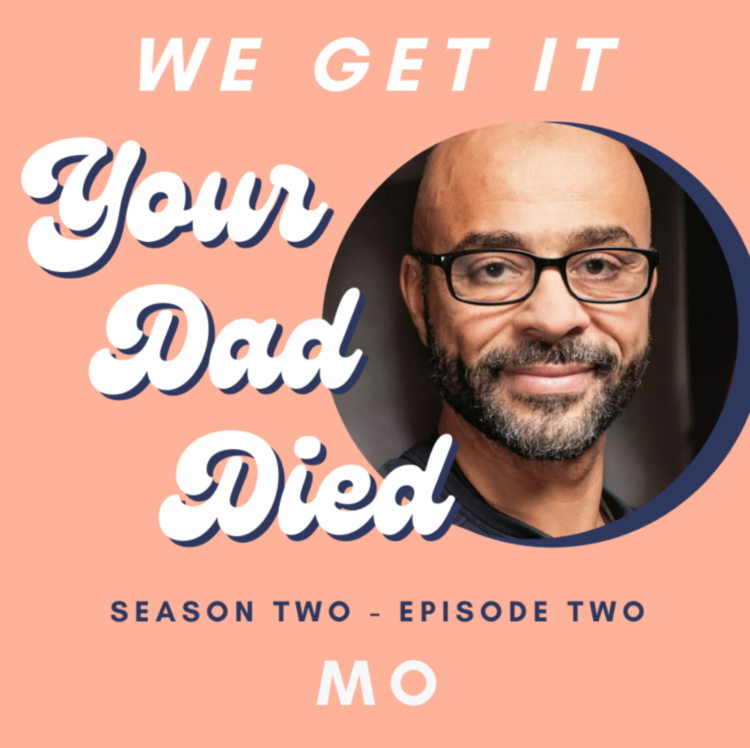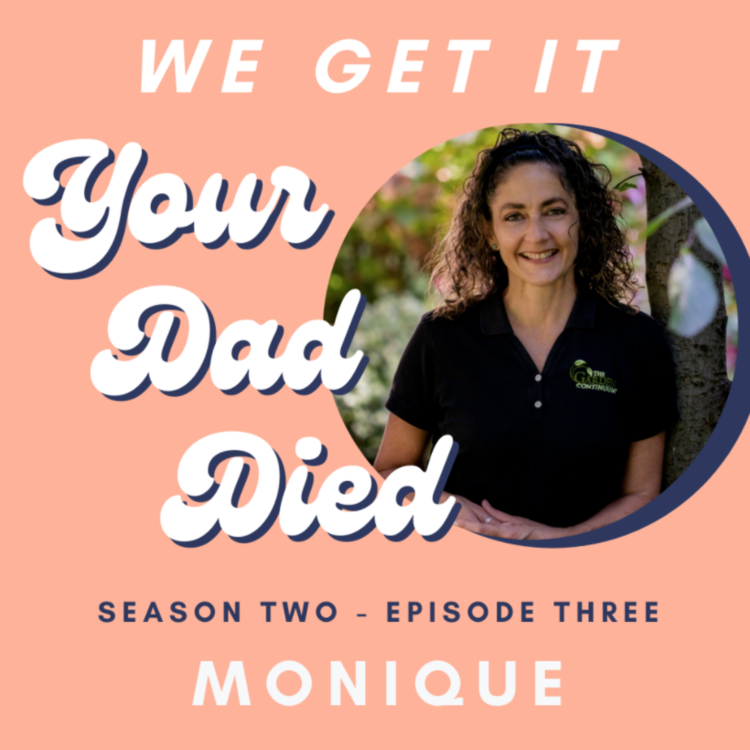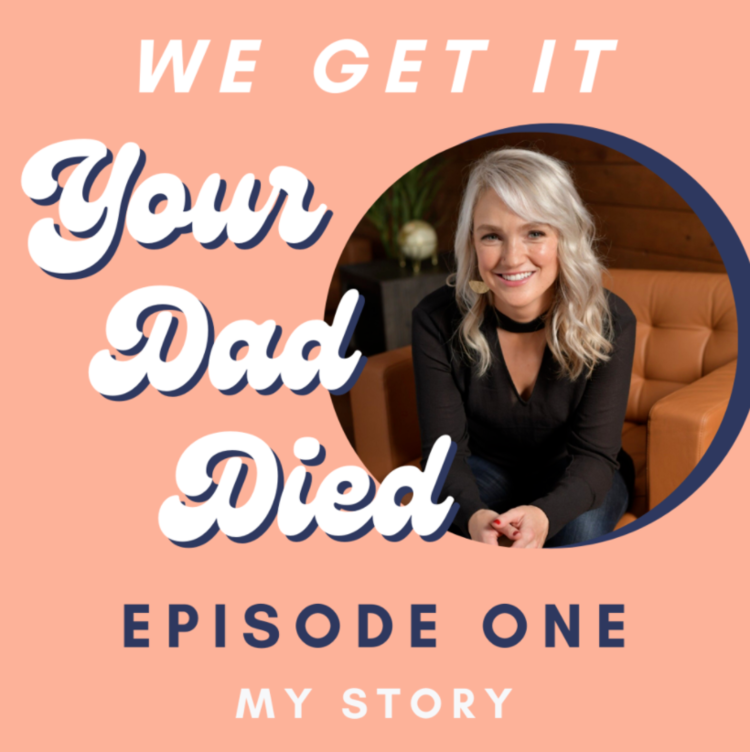
In the inaugural episode of We Get It Your Dad Died, host Margy Feldhuhn, tells her story about losing her dad to suicide in 2015.
The day Margy’s dad died, Margy was living across the world in Asia. When she got the call that her dad had died by suicide, she was entirely shell-shocked. Pretty soon, she would have to face this reality head-on, and she found that this experience completely transformed her life.
When Margy returned to her dad’s house, completely broken, she found that the house was completely unlivable. Her dad had been a hoarder, and it was now up to Margy to clean the house. She spent 5 entire months cleaning every single day. What initially seemed like an impossible task became an incredible achievement.
The impact of grief is not black and white. It affects us in so many different and conflicting ways. However, profound loss is one of the many ways life can tear down our beliefs about who we are and what we are capable of.
Overcoming something that was insurmountable didn’t magically solve Margy’s problems. It didn’t heal the pain. But it did change Margy’s life and has had a lasting impact on Margy as a human being, and Margy as an entrepreneur.

